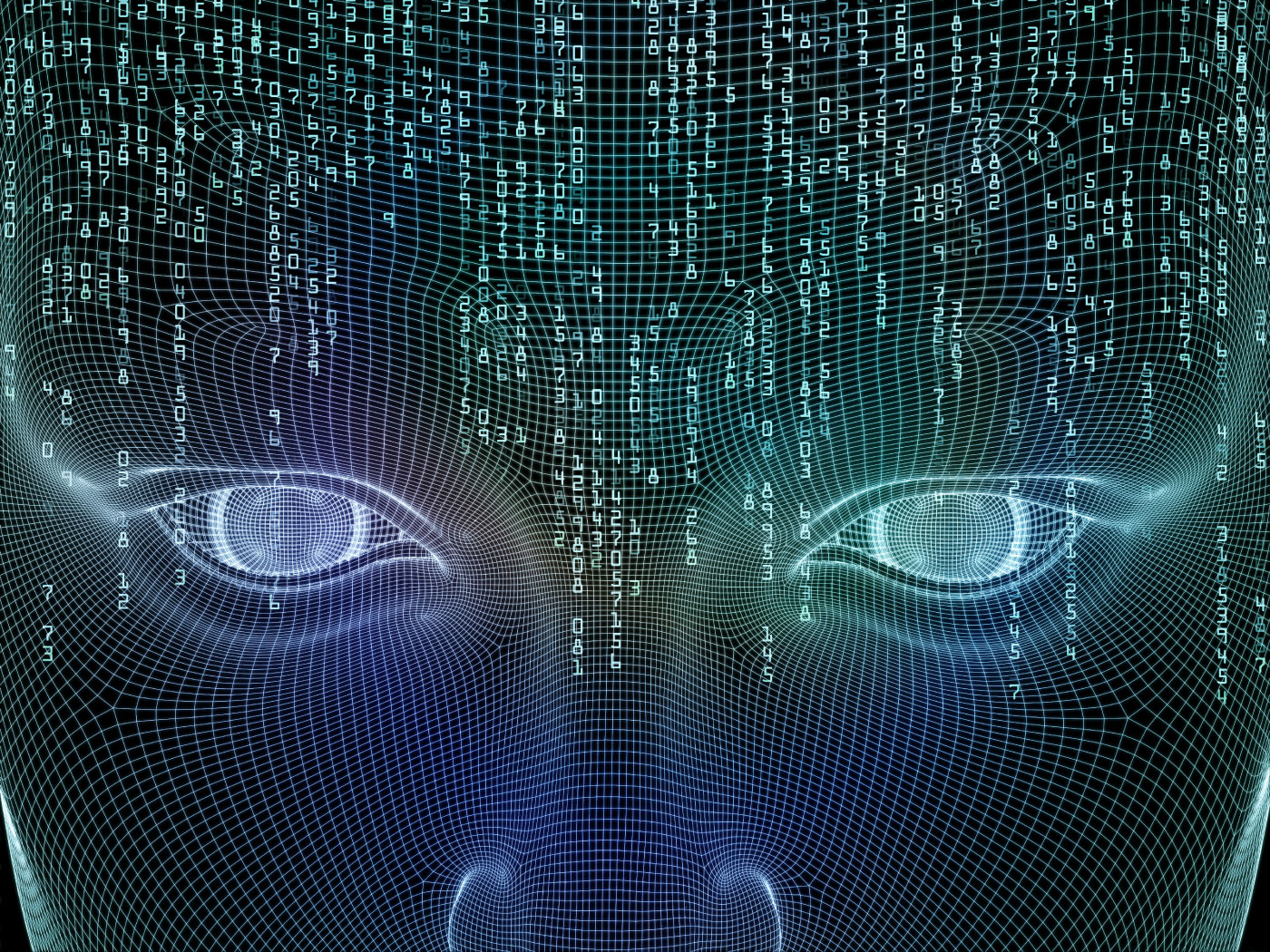copyright by futurism.com
To all of this, I say: Dream on. Artificial general intelligence (AGI) is still a pipe dream. It’s simply too difficult to master. And while it may be achieved one of these days, it is certainly not in our foreseeable future.
Human Economies
Artificial intelligence already plays a major role in human economies and societies, and it will play an even bigger role in the coming years. To ponder the future of AI is thus to acknowledge that the future is AI.
This will be partly owing to advances in “deep learning,” which uses multi-layer neural networks that were first theorized in the 1980s. With today’s greater computing power and storage, deep learning is now a practical possibility, and a deep-learning application gained worldwide attention in 2016 by beating the world champion in Go. Commercial enterprises and governments alike hope to adapt the technology to find useful patterns in “Big Data” of all kinds.
In 2011, IBM’s Watson marked another AI watershed, by beating two previous champions in Jeopardy!, a game that combines general knowledge with lateral thinking. And yet another significant development is the emerging “Internet of Things,” which will continue to grow as more gadgets, home appliances, wearable devices, and publicly-sited sensors become connected and begin to broadcast messages around the clock. Big Brother won’t be watching you, but a trillion little brothers might be. Image: CB Insights Beyond these innovations, we can expect to see countless more examples of what were once called “expert systems”: AI applications that aid, or even replace, human professionals in various specialties. Similarly, robots will be able to perform tasks that could not be automated before. Already, robots can carry out virtually every role that humans once filled on a warehouse floor.
 Given this trend, it is not surprising that some people foresee a point known as the “Singularity,” when AI systems will exceed human intelligence, by intelligently improving themselves. At that point, whether it is in 2030 or at the end of this century, the robots will truly have taken over, and AI will […]
Given this trend, it is not surprising that some people foresee a point known as the “Singularity,” when AI systems will exceed human intelligence, by intelligently improving themselves. At that point, whether it is in 2030 or at the end of this century, the robots will truly have taken over, and AI will […]
But perhaps that is wishful thinking. Ultimately, the future of AI – our AI future – is bright. But the brighter it becomes, the more shadows it will cast.
read more – copyright by futurism.com


copyright by futurism.com
Human Economies
Artificial intelligence already plays a major role in human economies and societies, and it will play an even bigger role in the coming years. To ponder the future of AI is thus to acknowledge that the future is AI.
This will be partly owing to advances in “deep learning,” which uses multi-layer neural networks that were first theorized in the 1980s. With today’s greater computing power and storage, deep learning is now a practical possibility, and a deep-learning application gained worldwide attention in 2016 by beating the world champion in Go. Commercial enterprises and governments alike hope to adapt the technology to find useful patterns in “Big Data” of all kinds.
In 2011, IBM’s Watson marked another AI watershed, by beating two previous champions in Jeopardy!, a game that combines general knowledge with lateral thinking. And yet another significant development is the emerging “Internet of Things,” which will continue to grow as more gadgets, home appliances, wearable devices, and publicly-sited sensors become connected and begin to broadcast messages around the clock. Big Brother won’t be watching you, but a trillion little brothers might be. Image: CB Insights Beyond these innovations, we can expect to see countless more examples of what were once called “expert systems”: AI applications that aid, or even replace, human professionals in various specialties. Similarly, robots will be able to perform tasks that could not be automated before. Already, robots can carry out virtually every role that humans once filled on a warehouse floor.
read more – copyright by futurism.com
Share this: